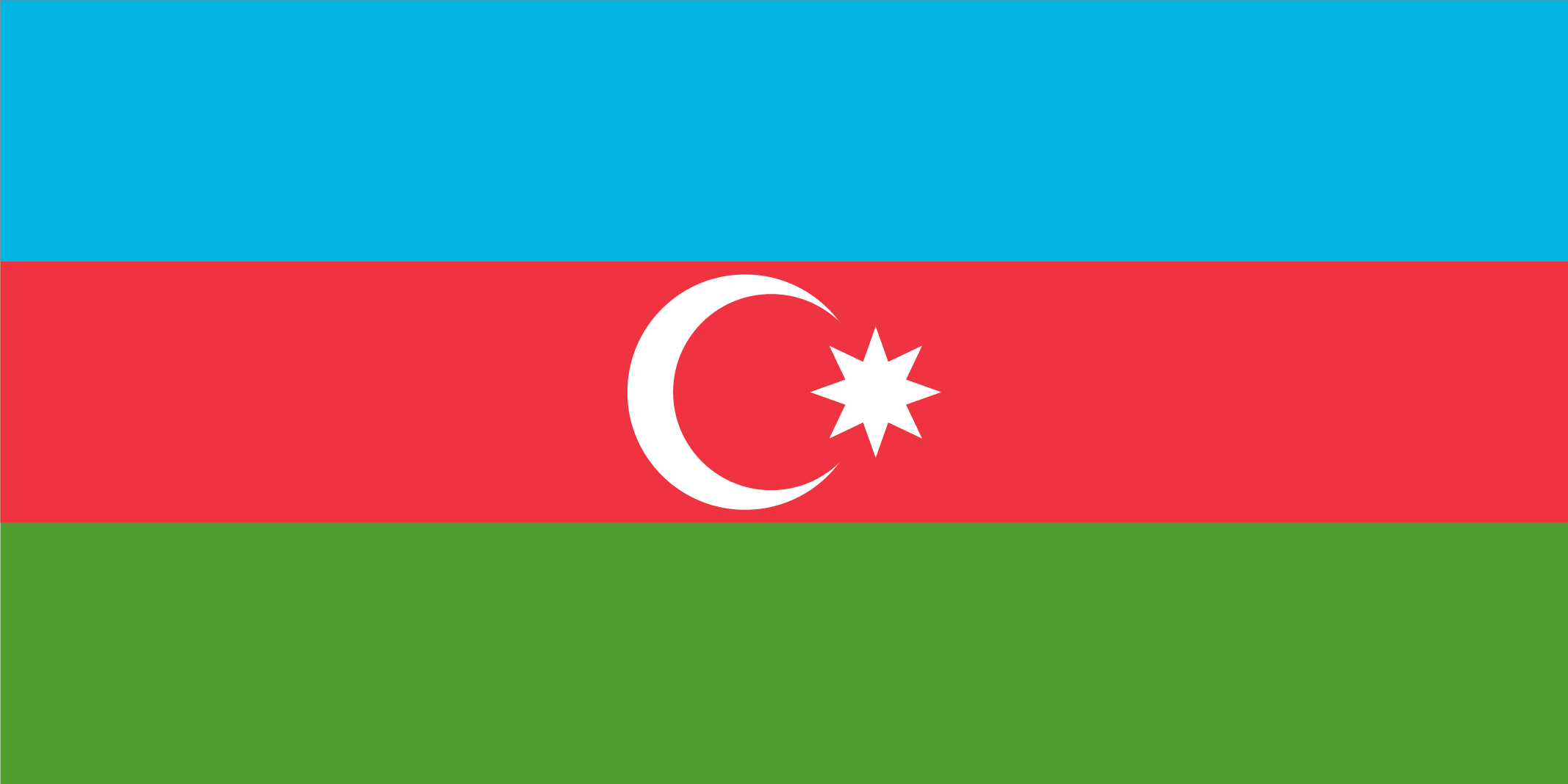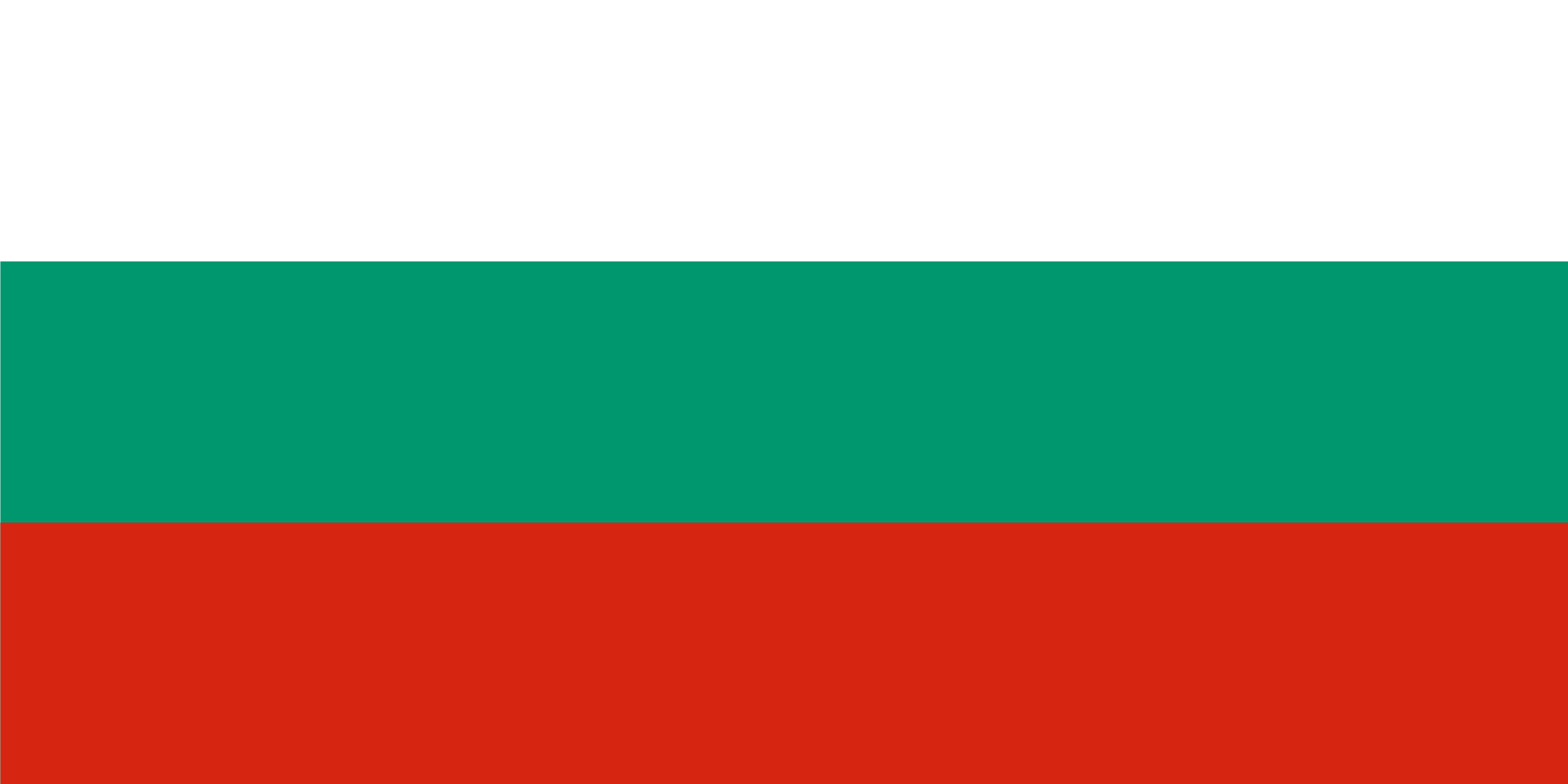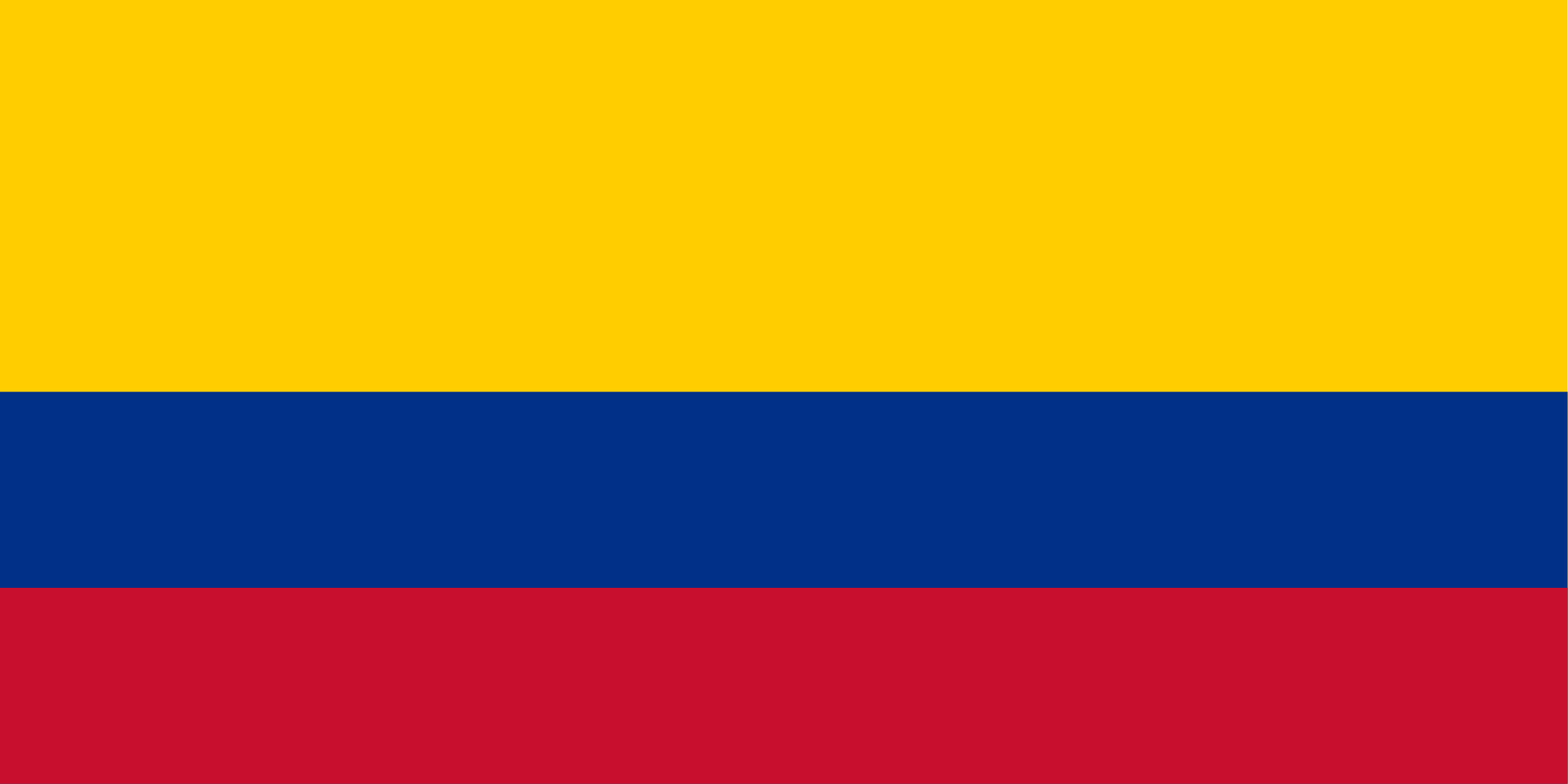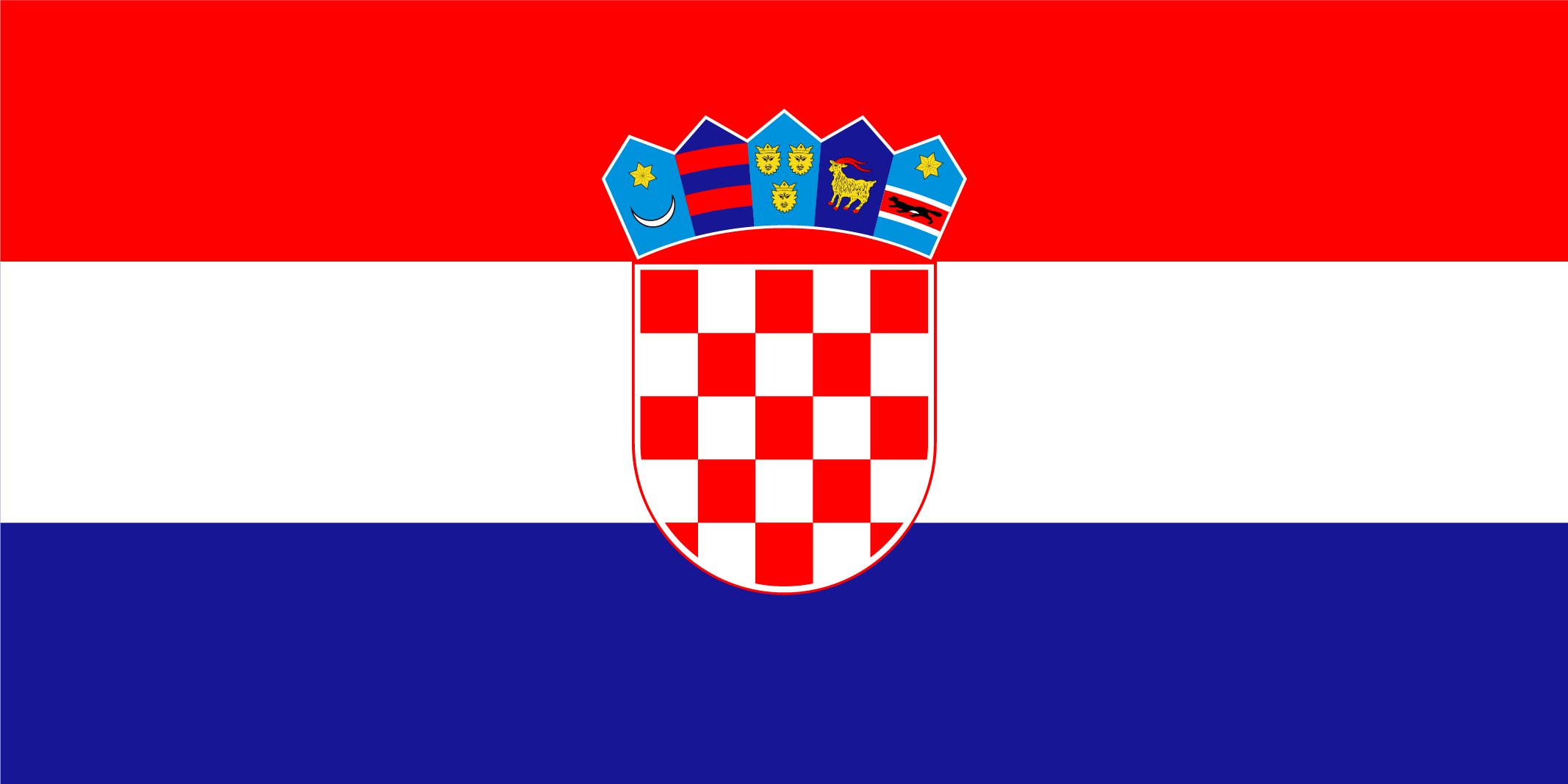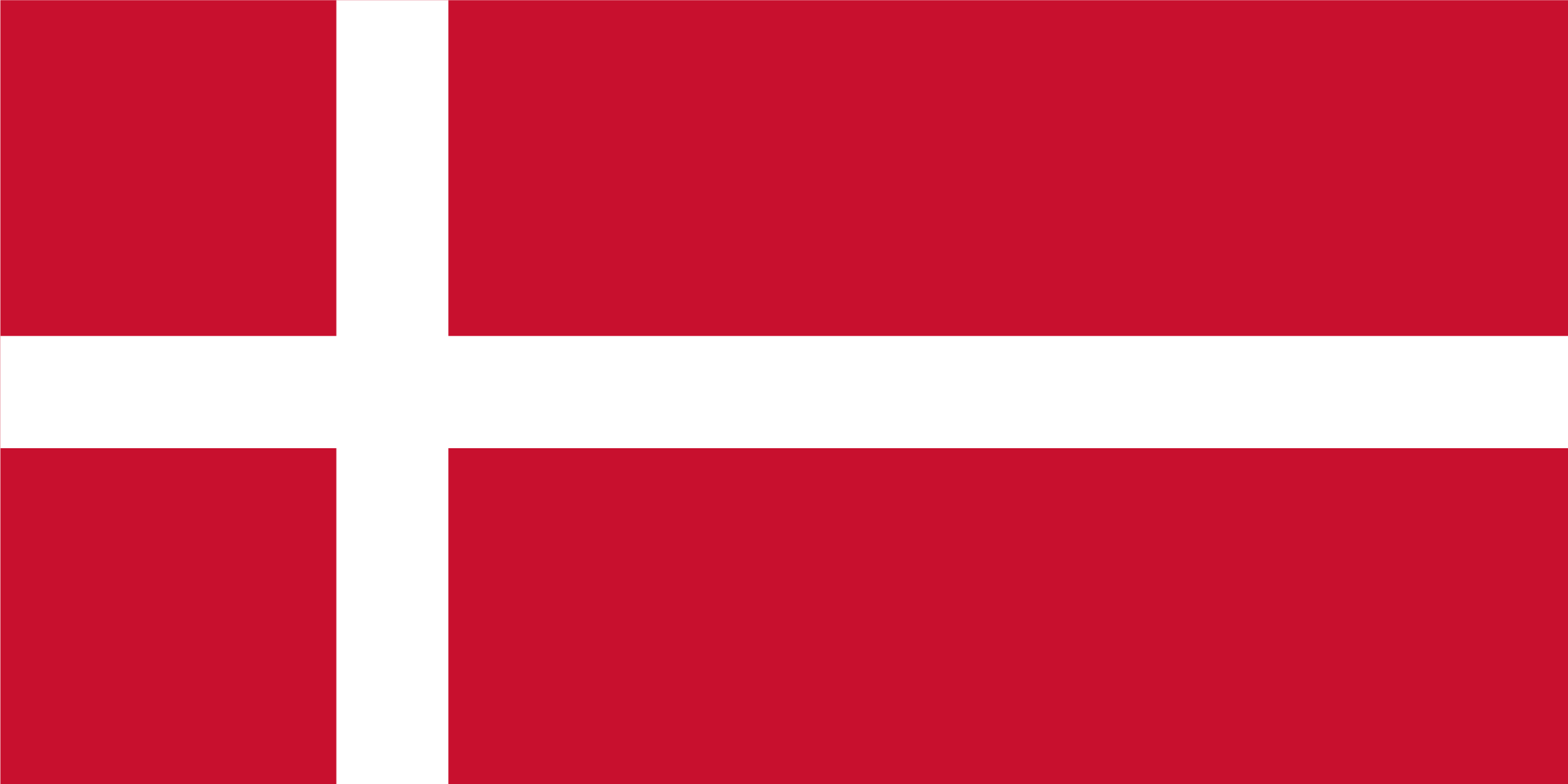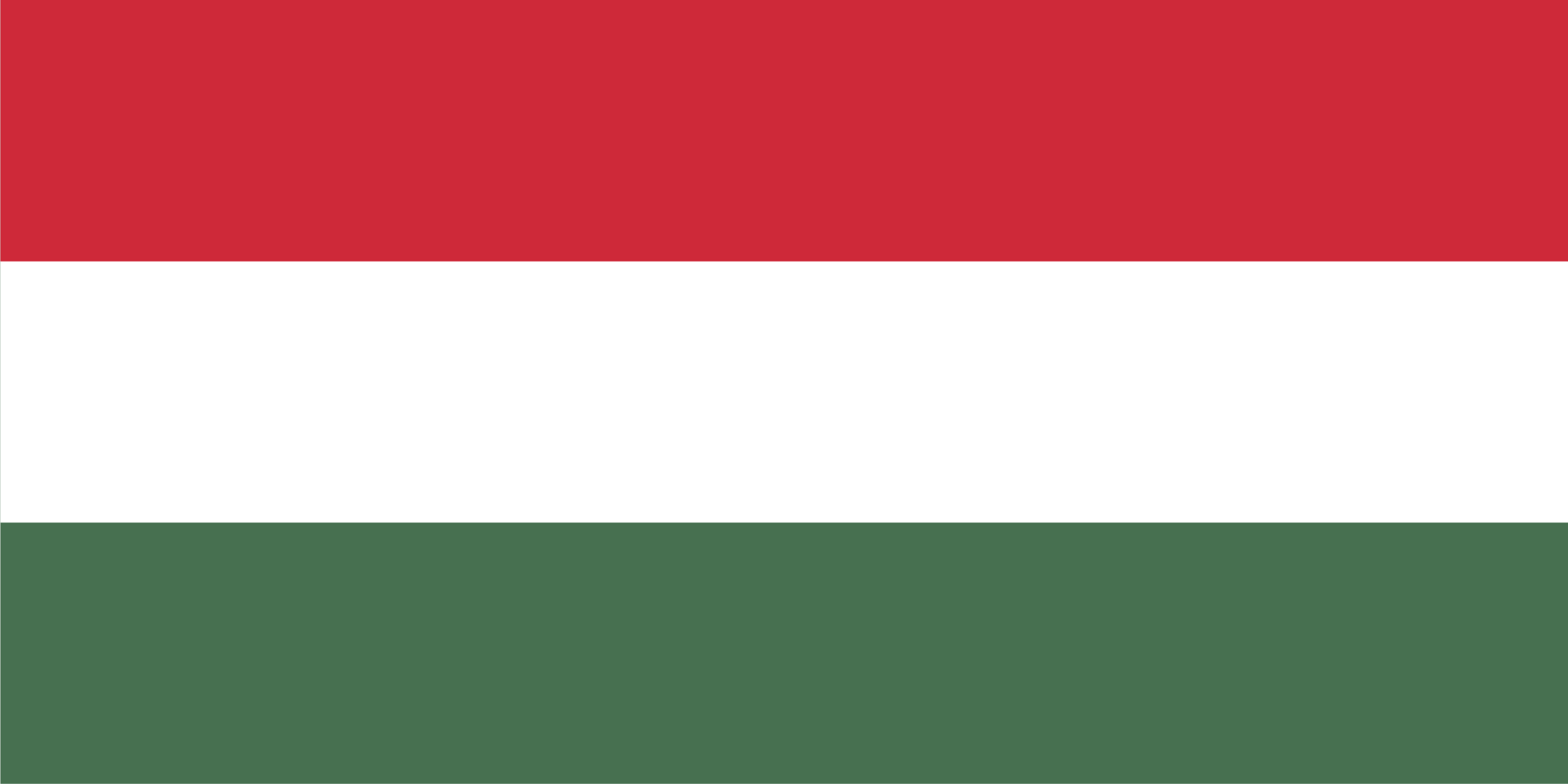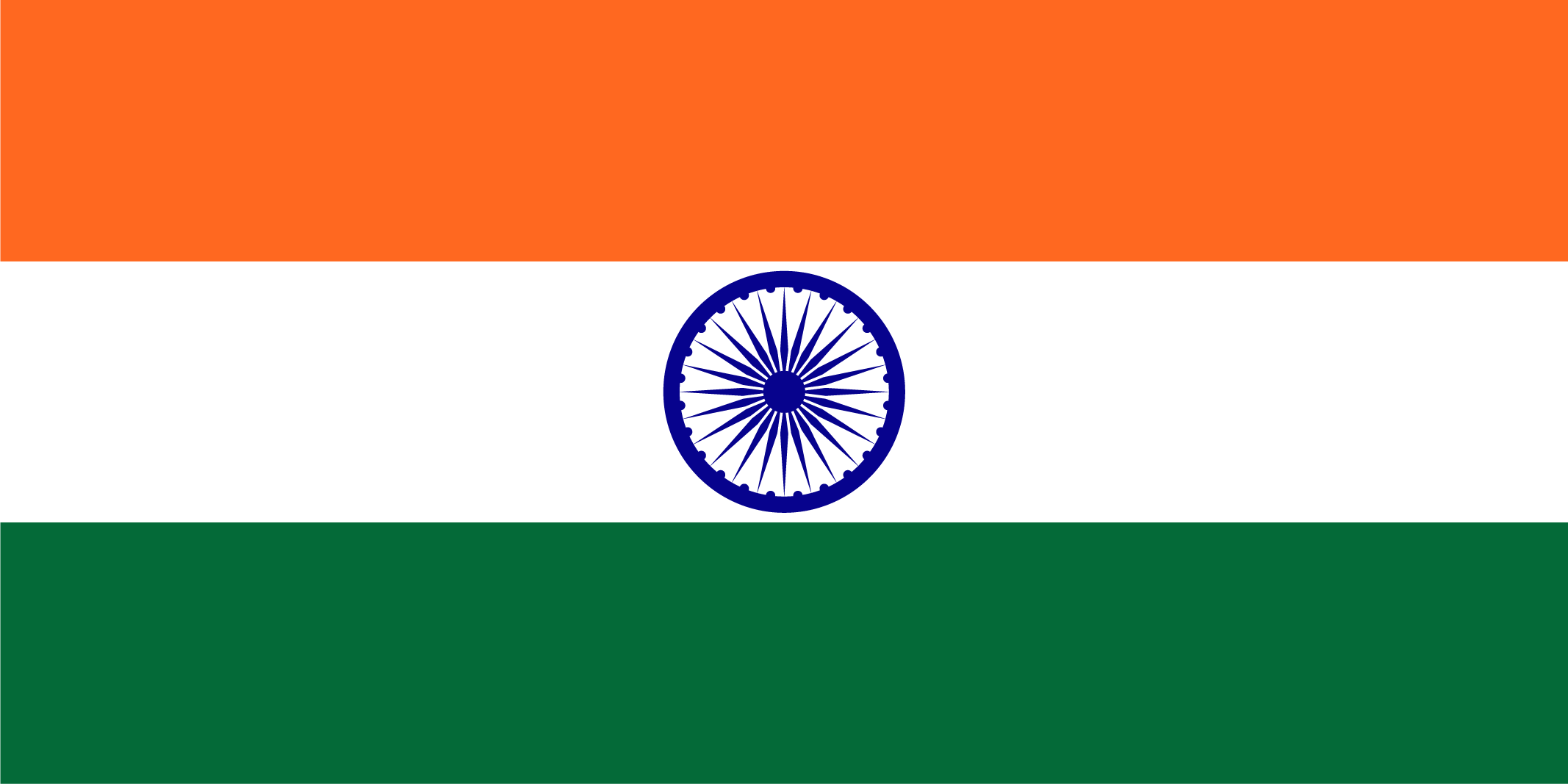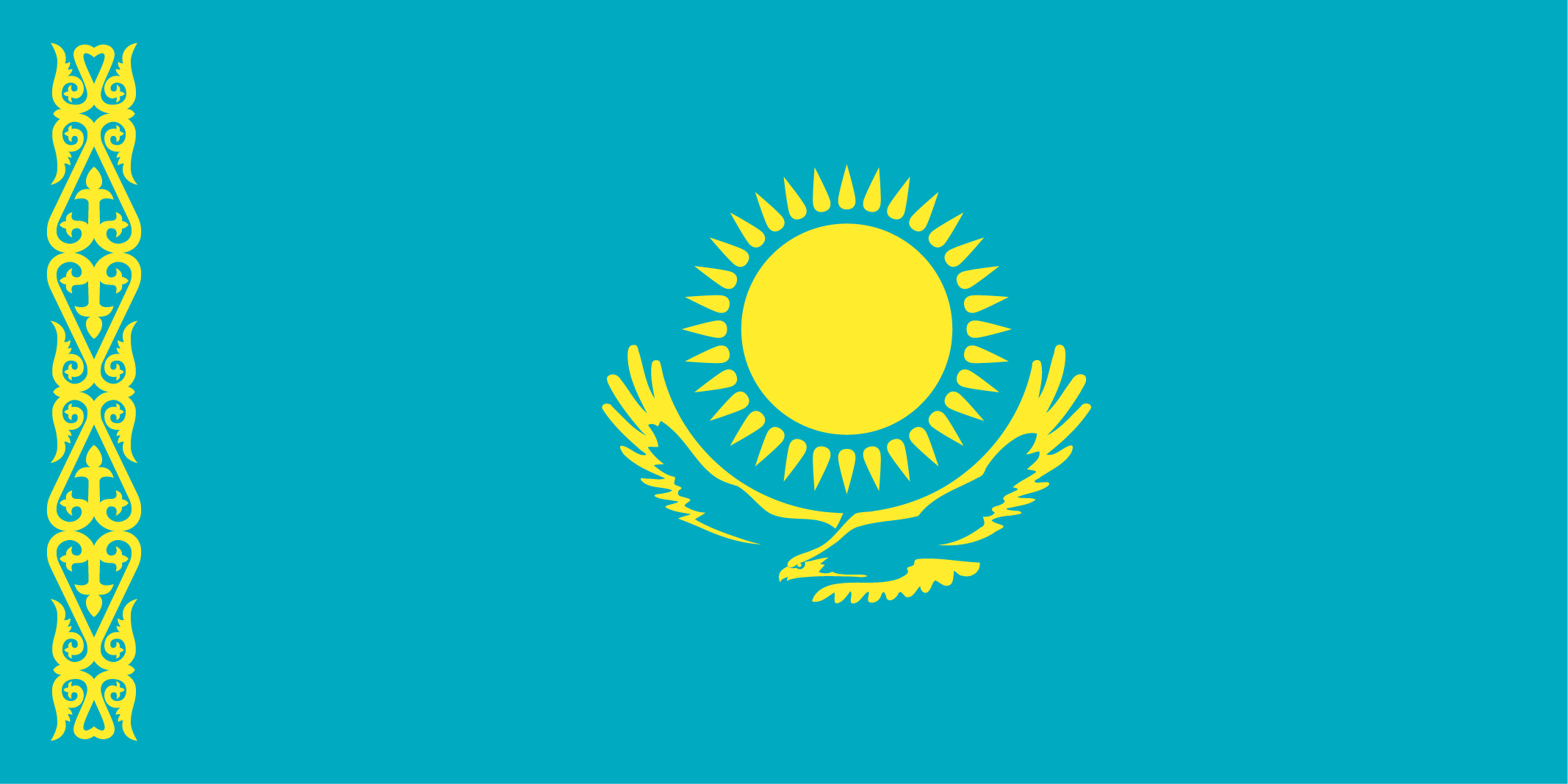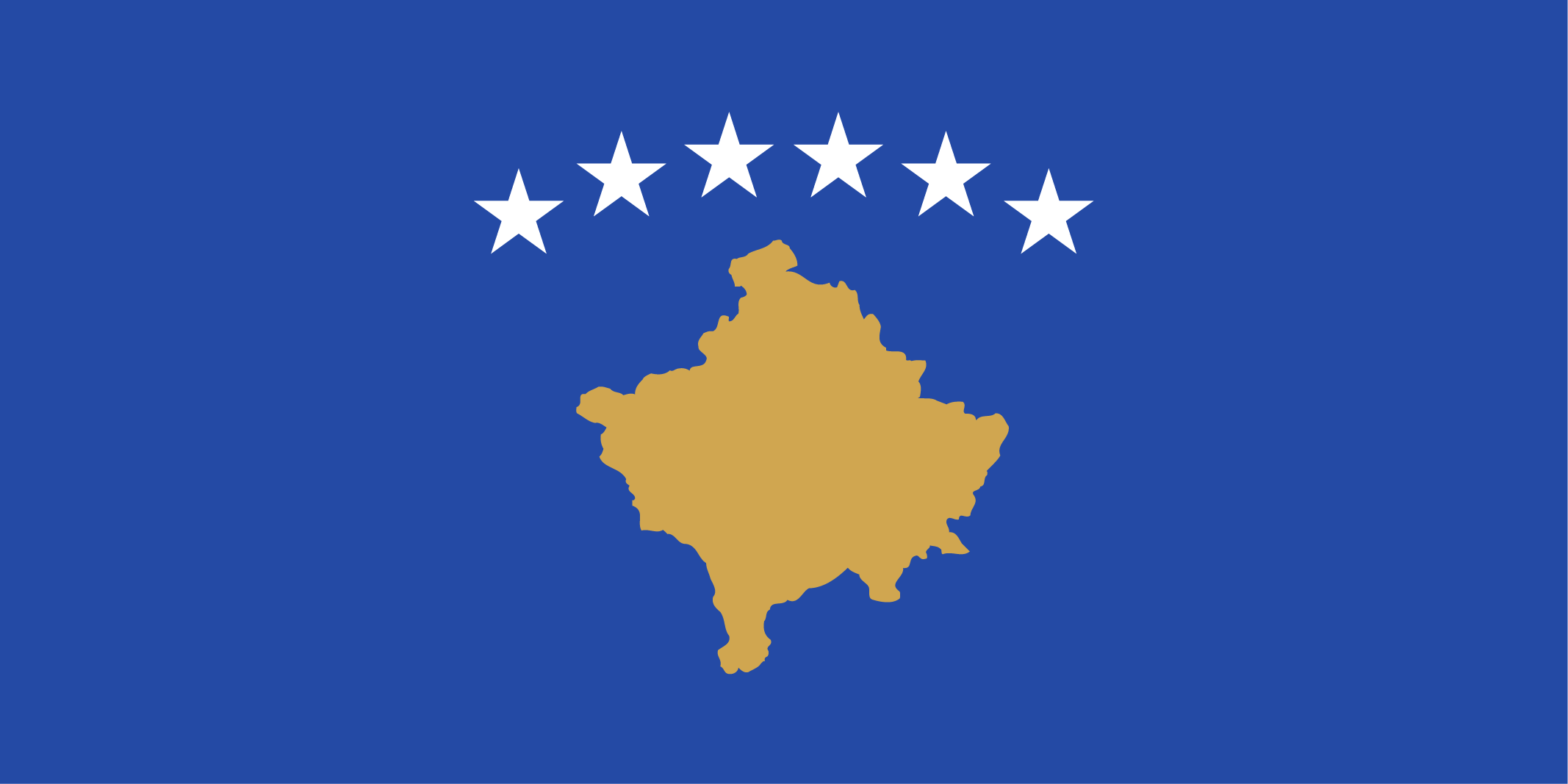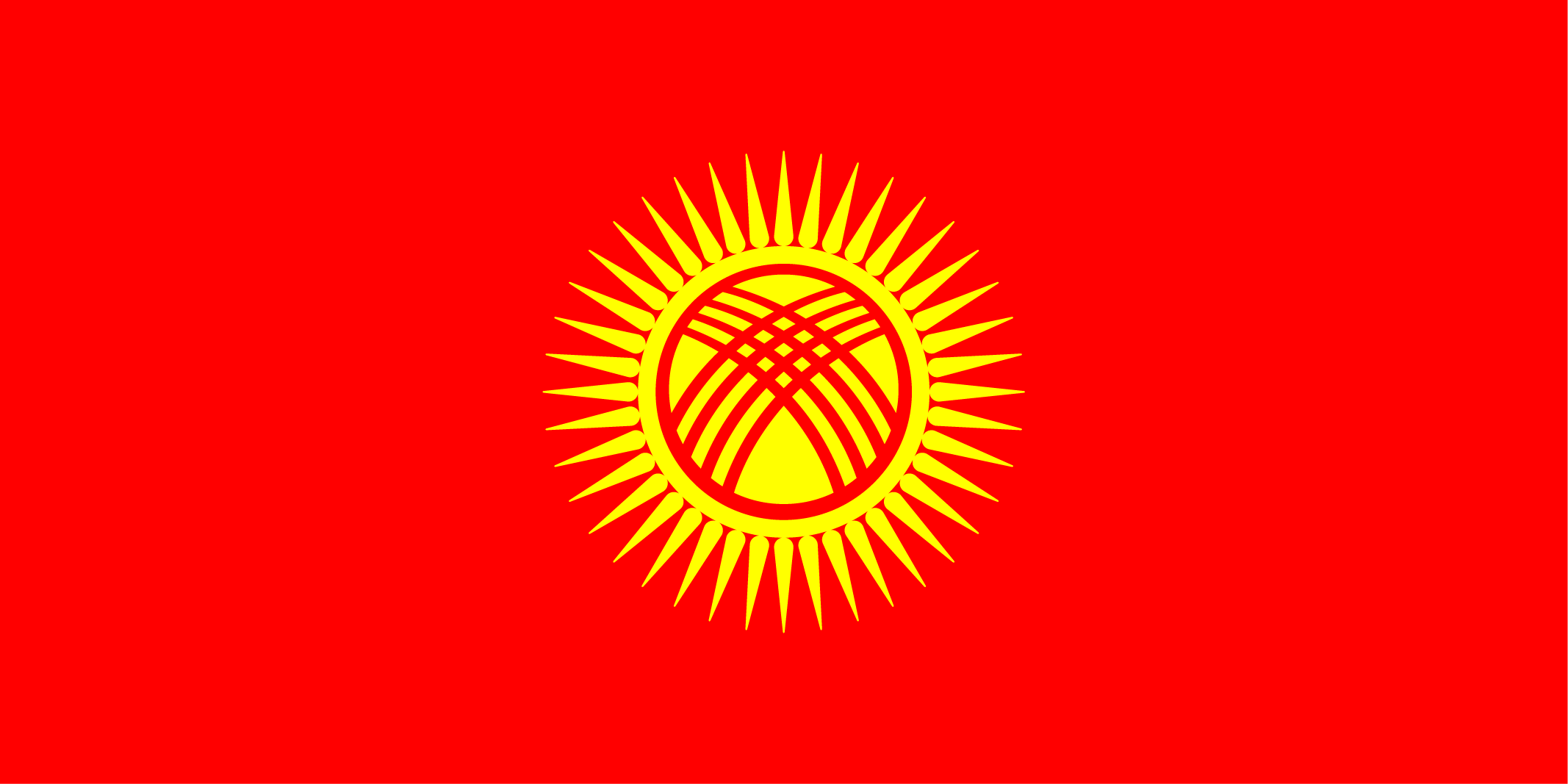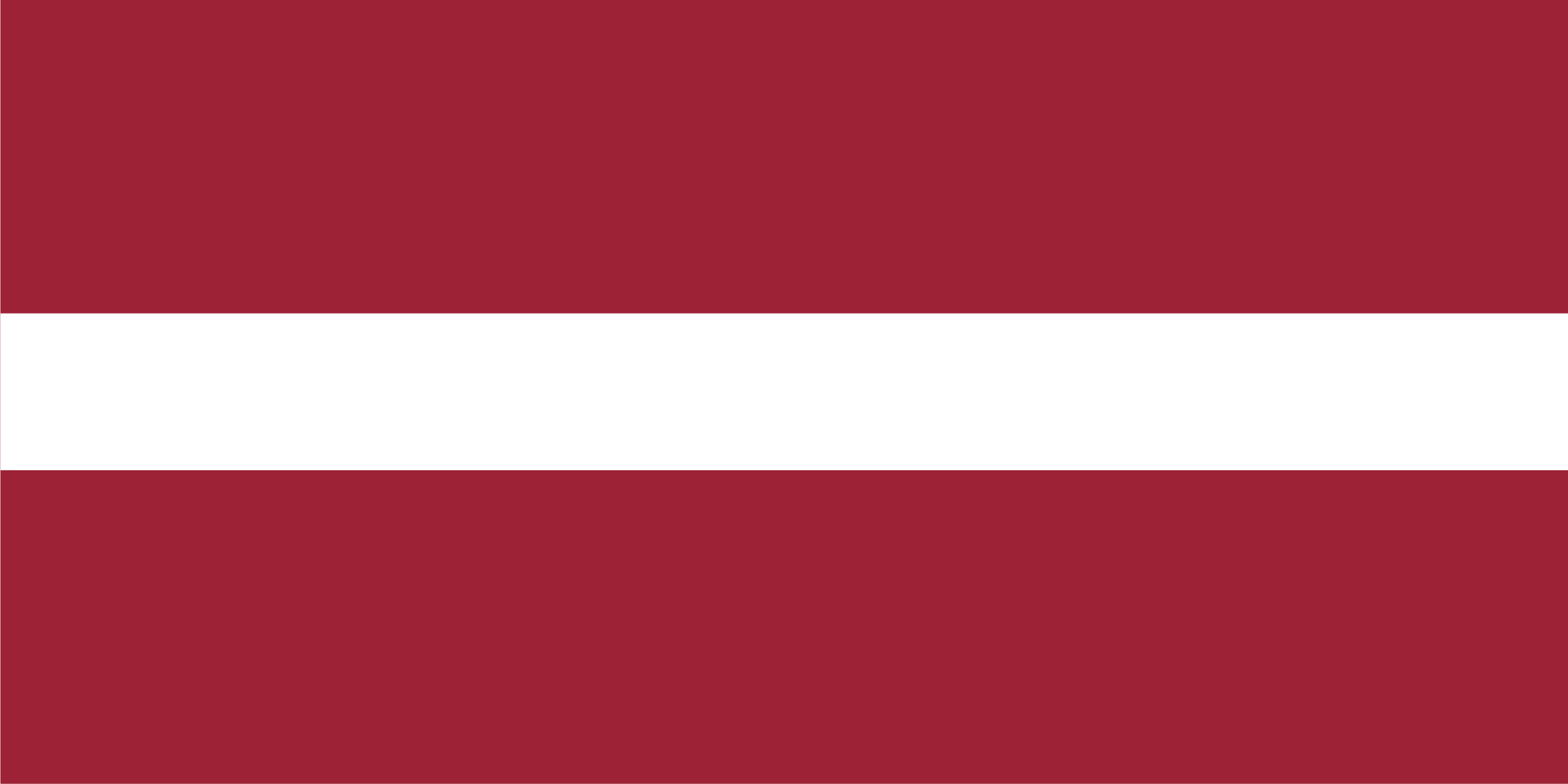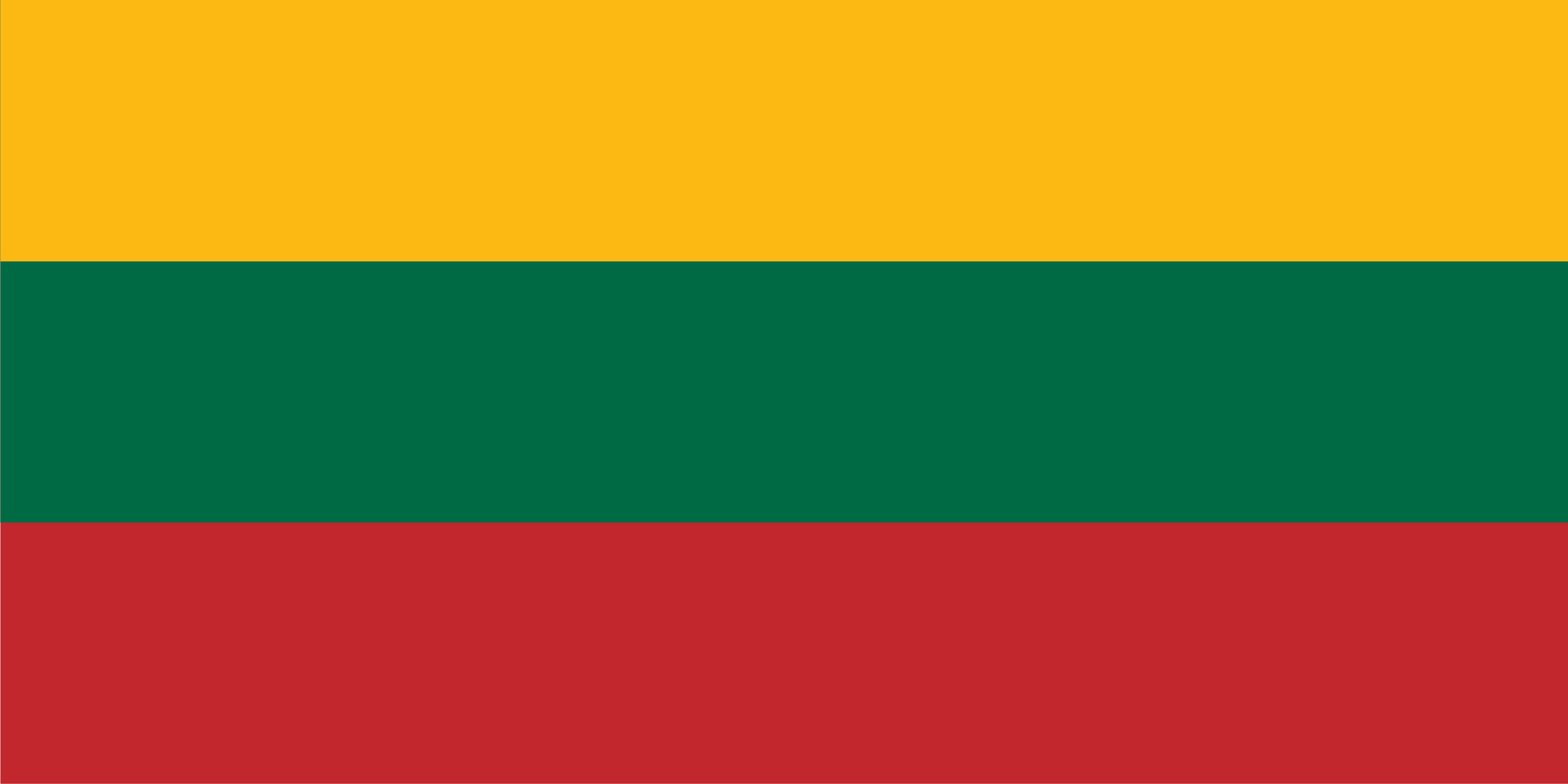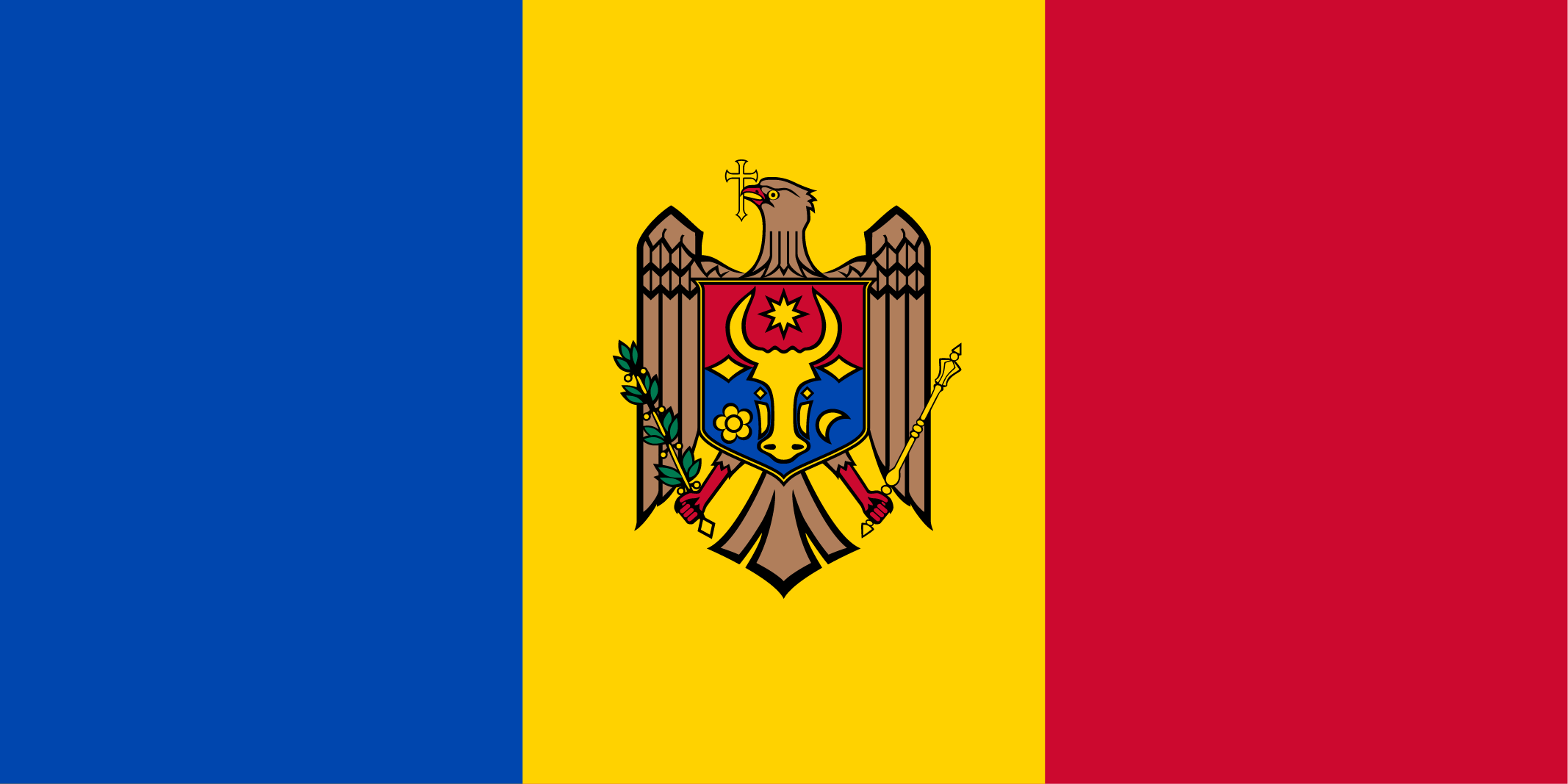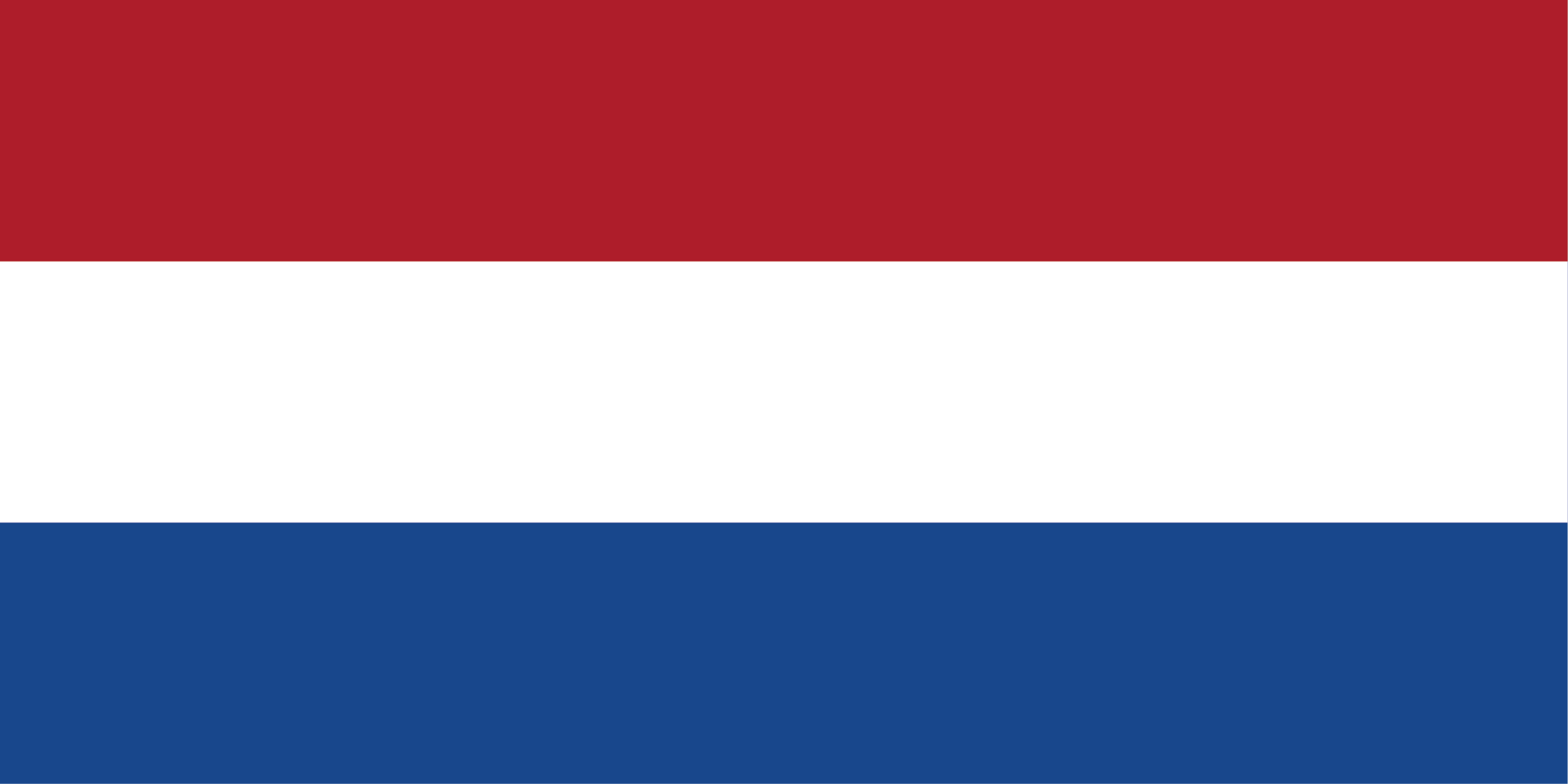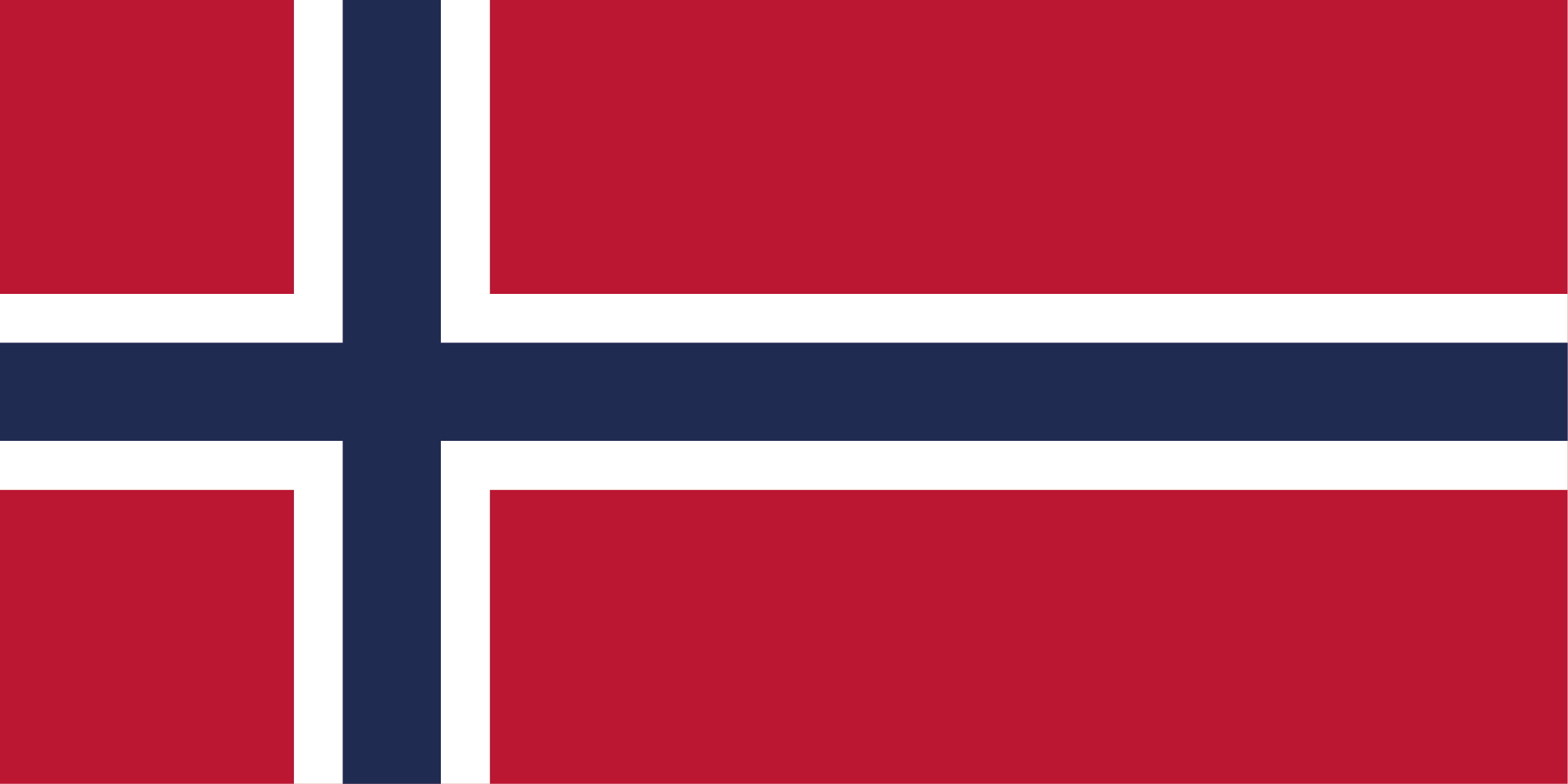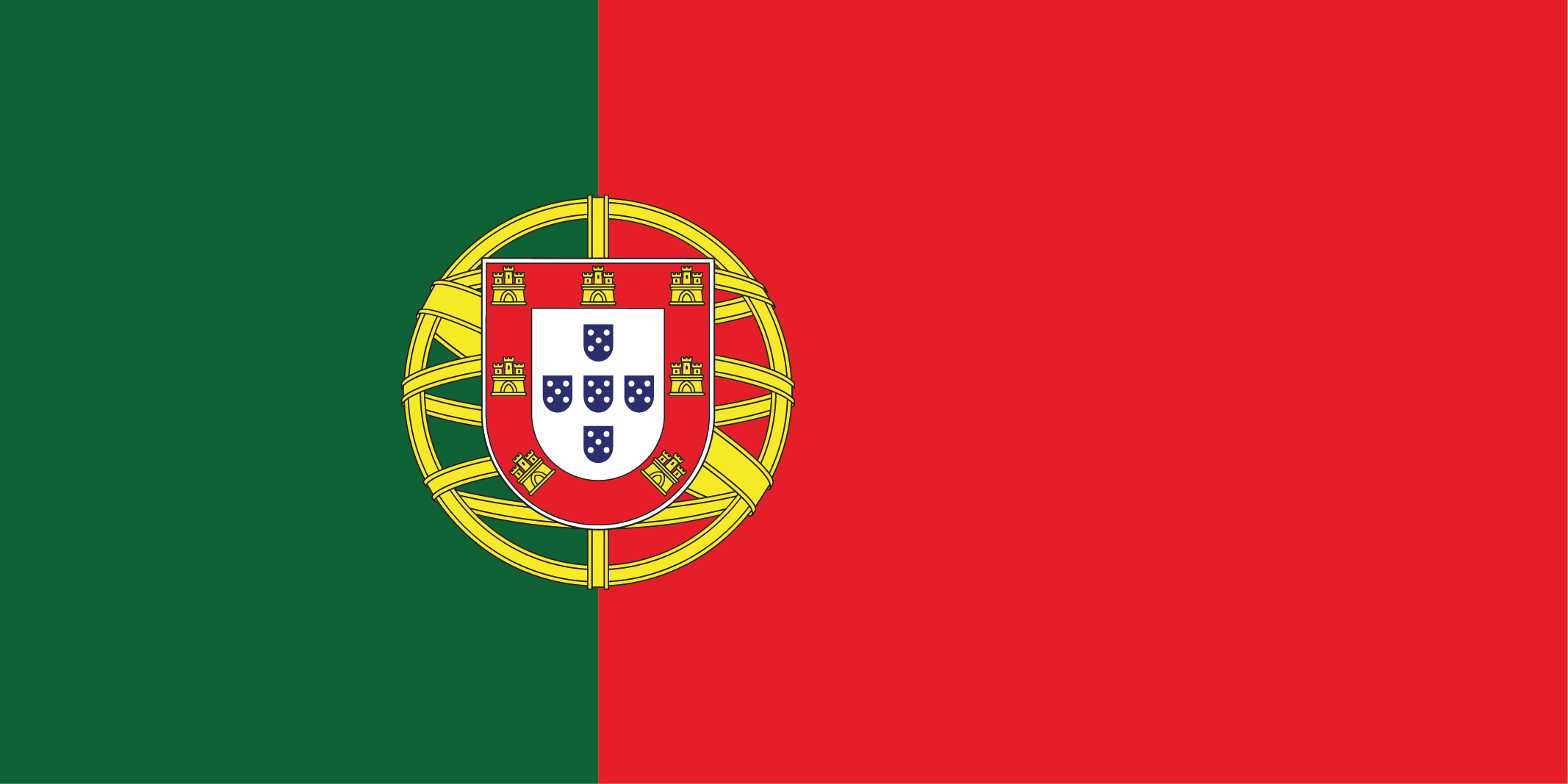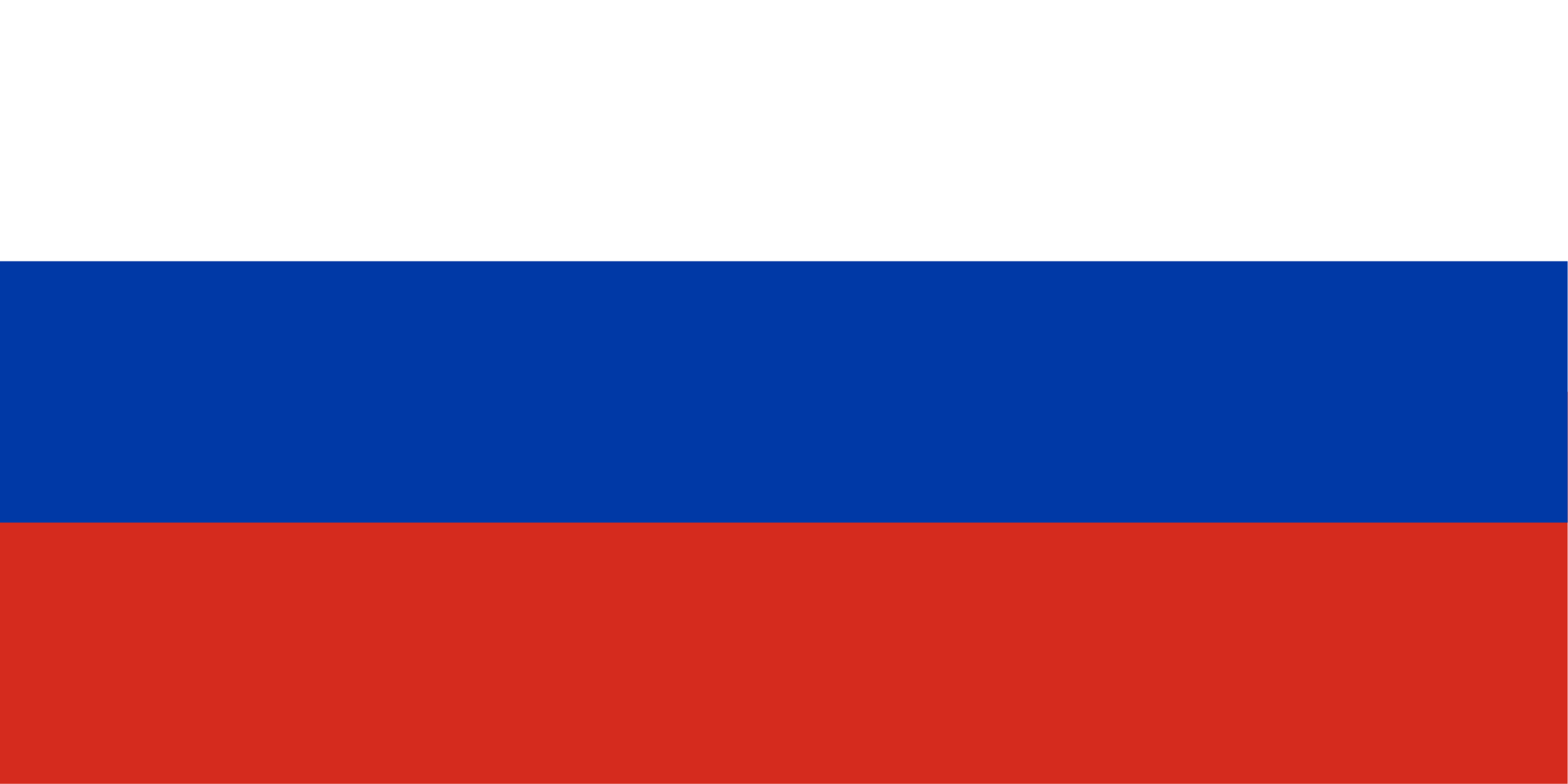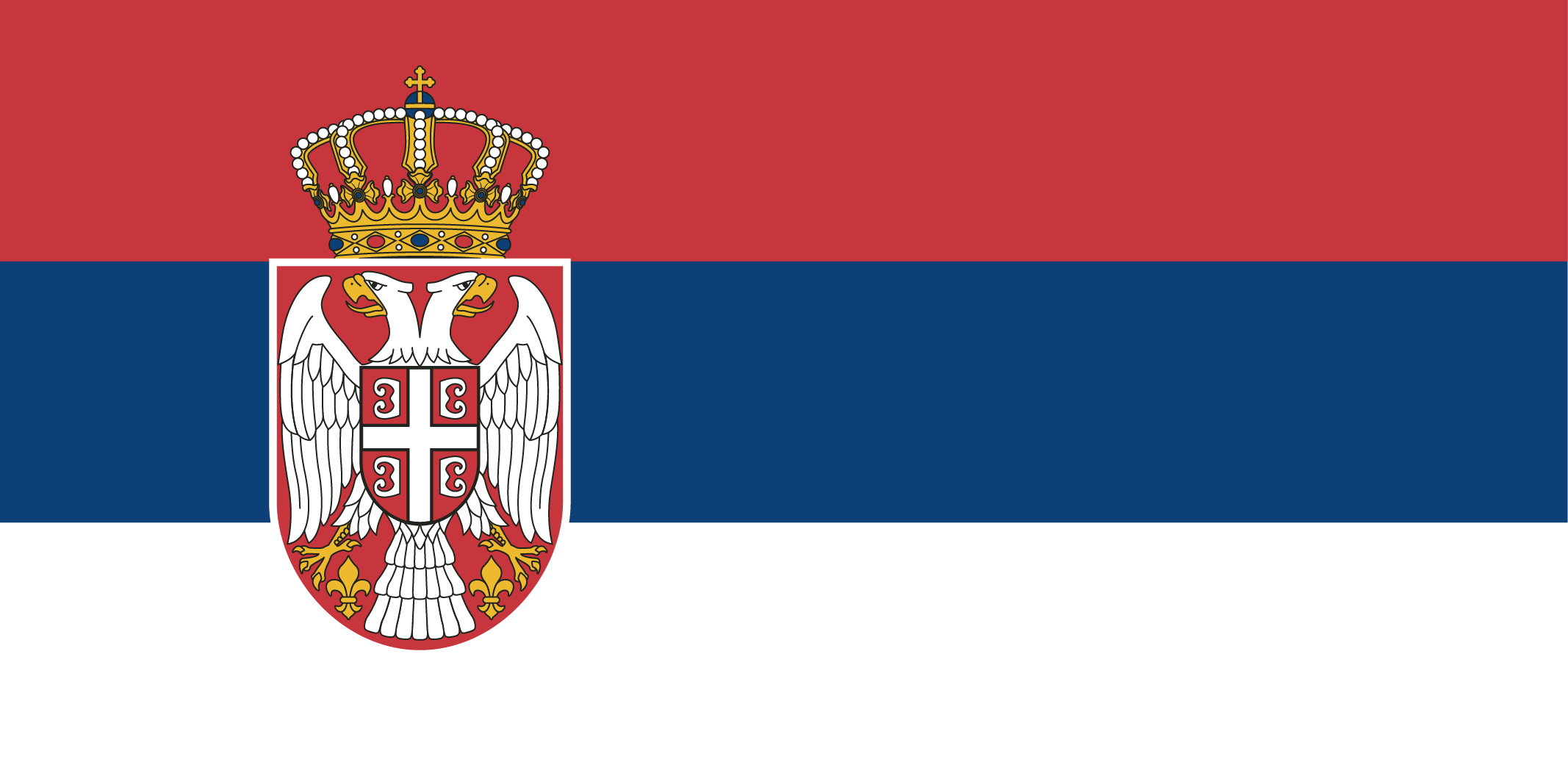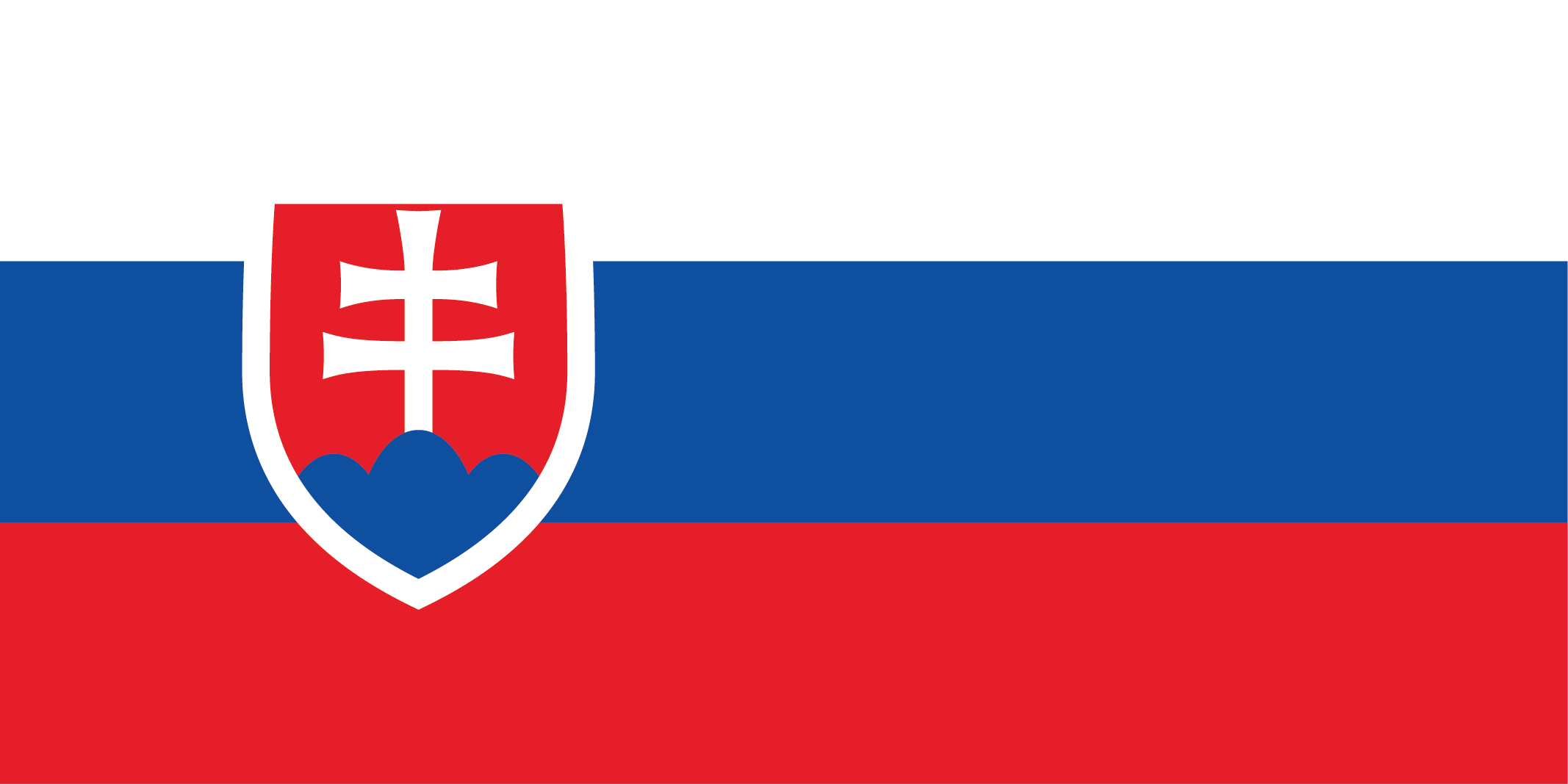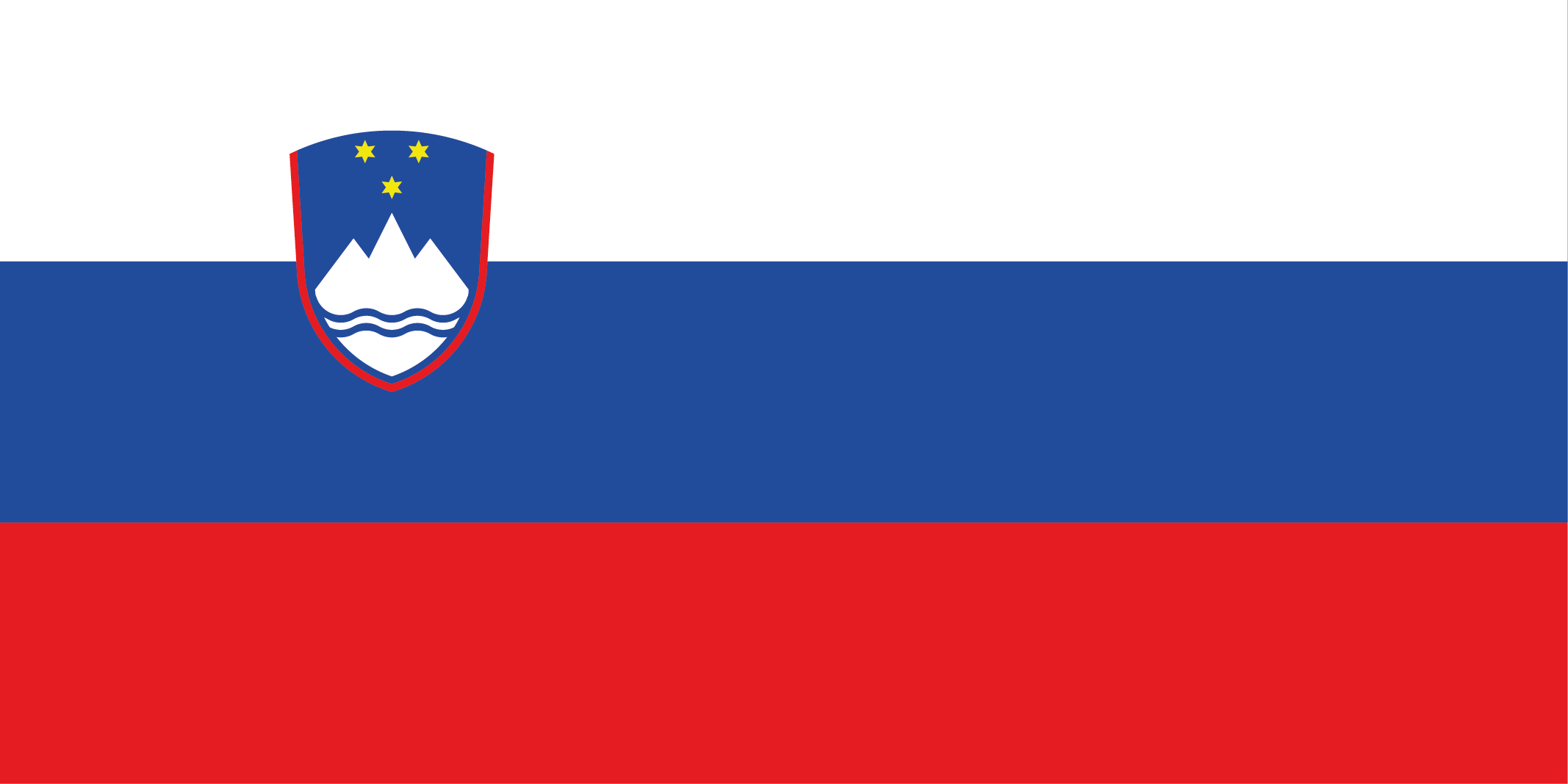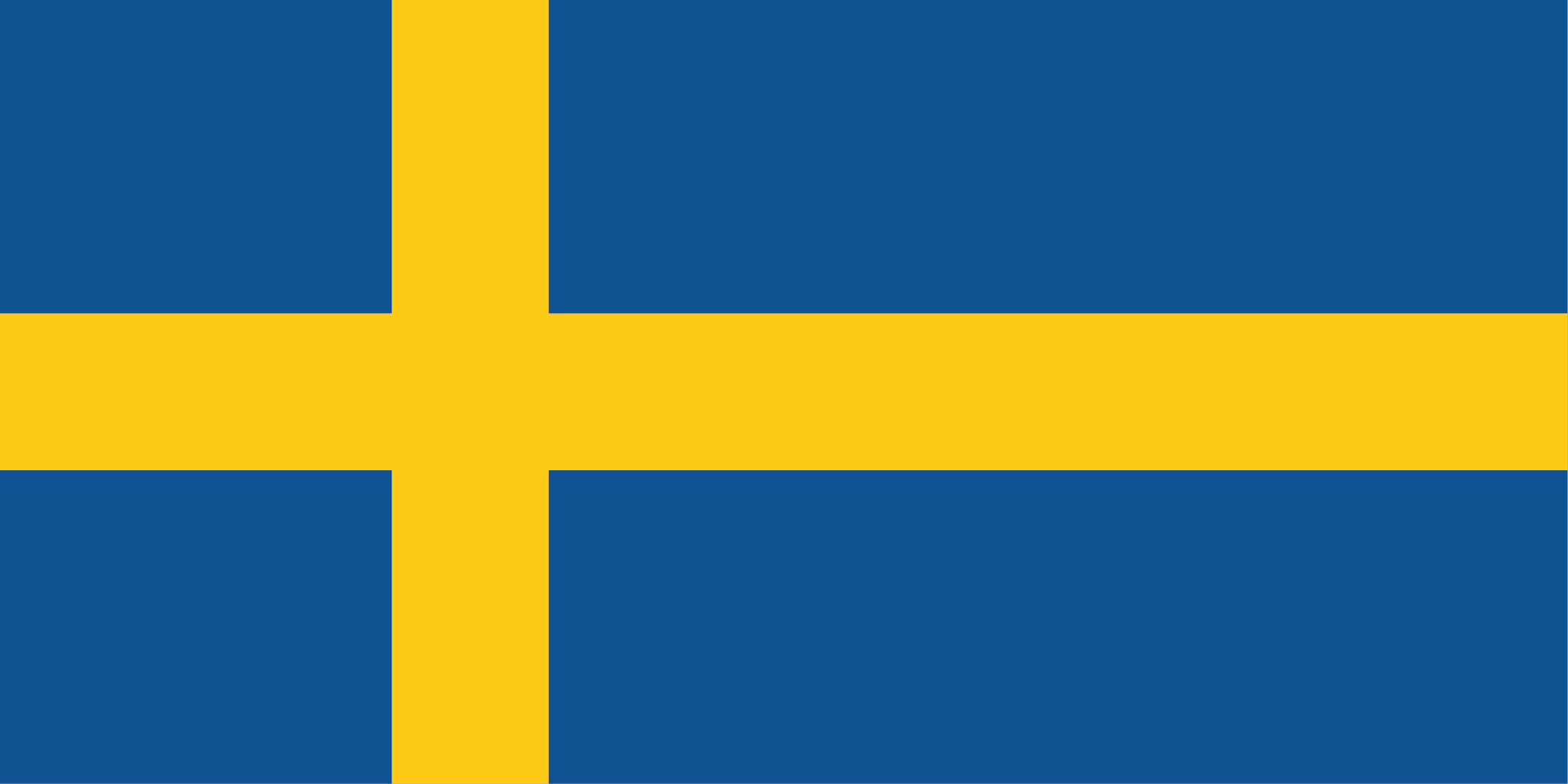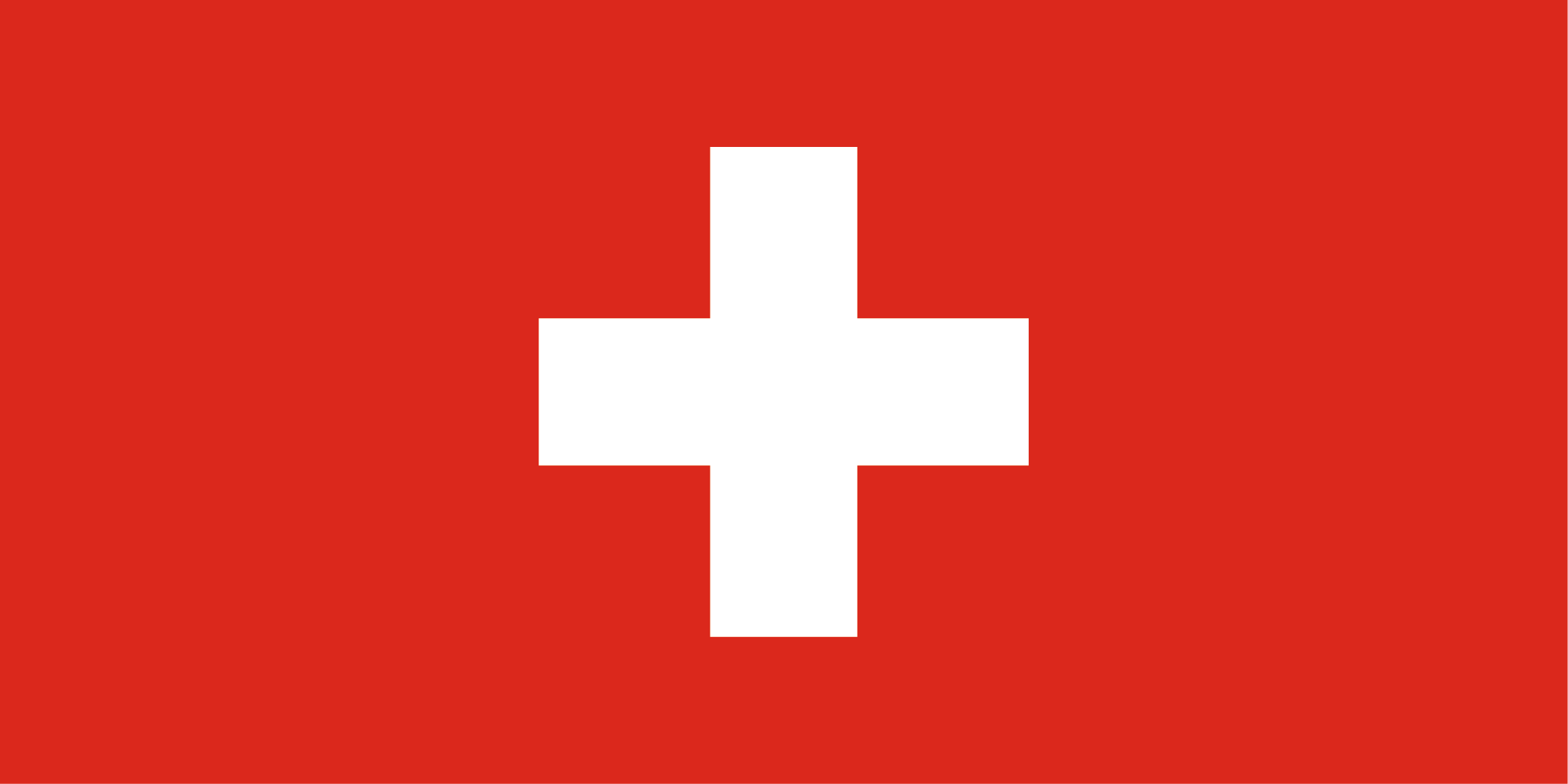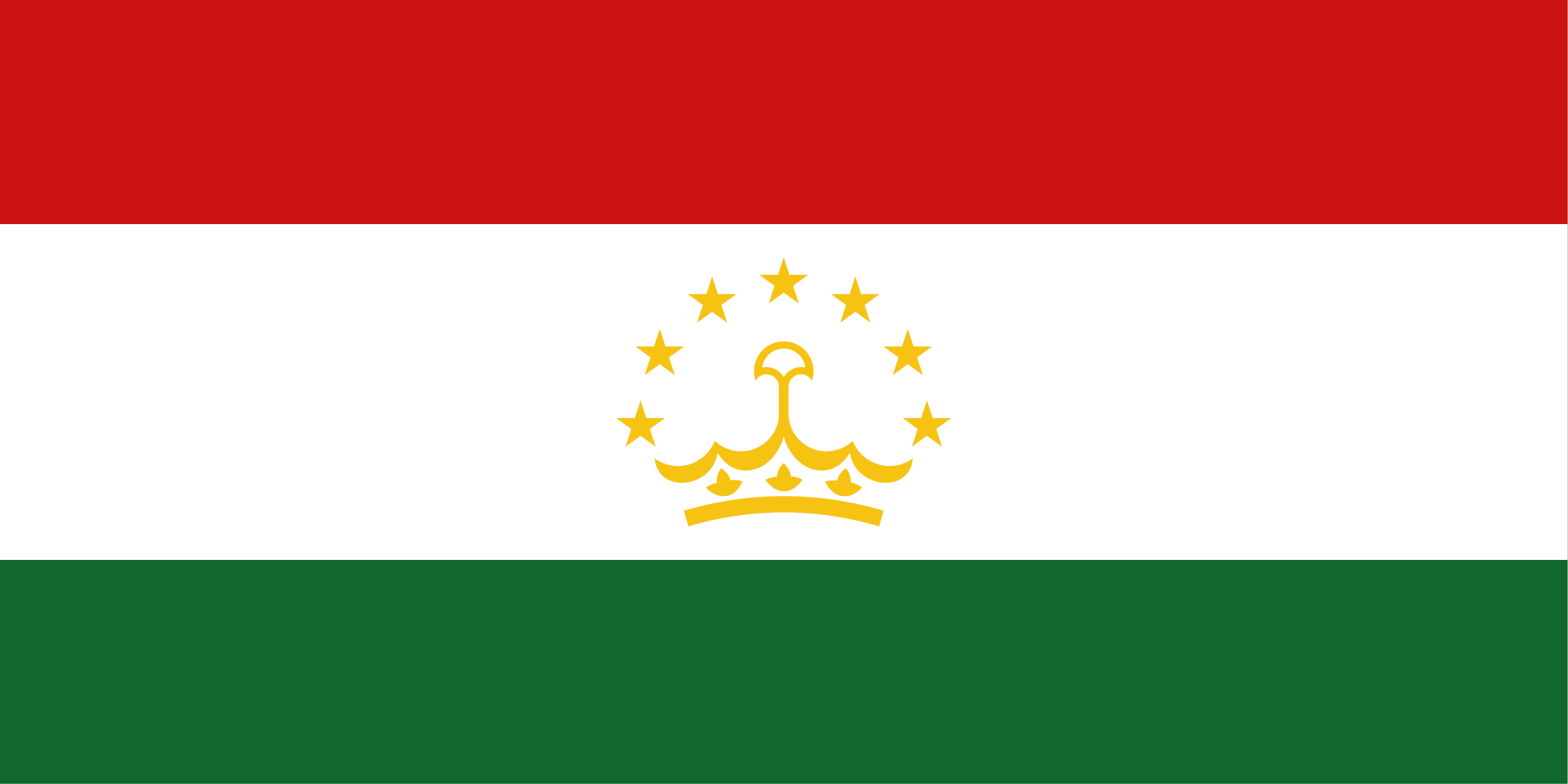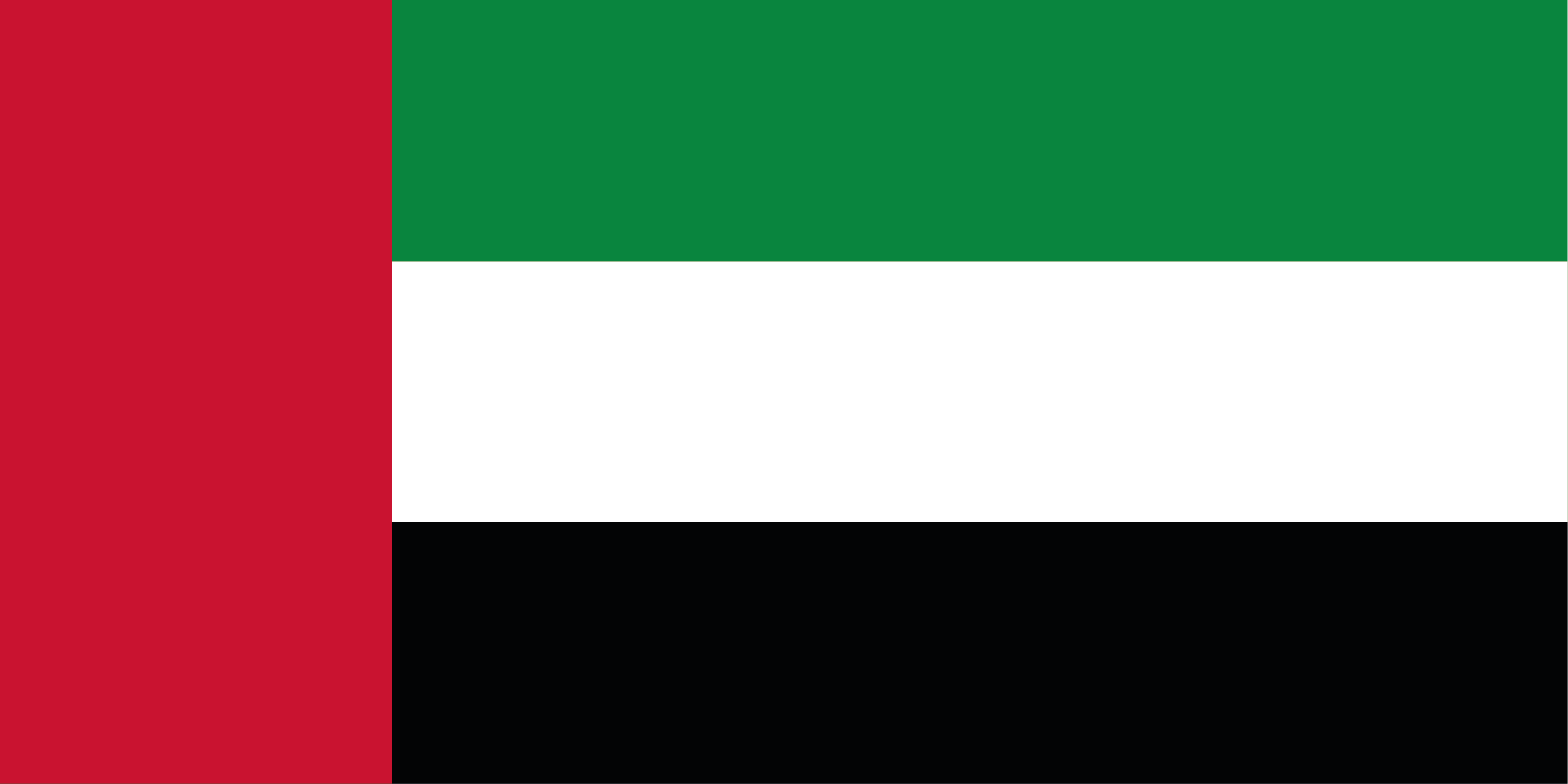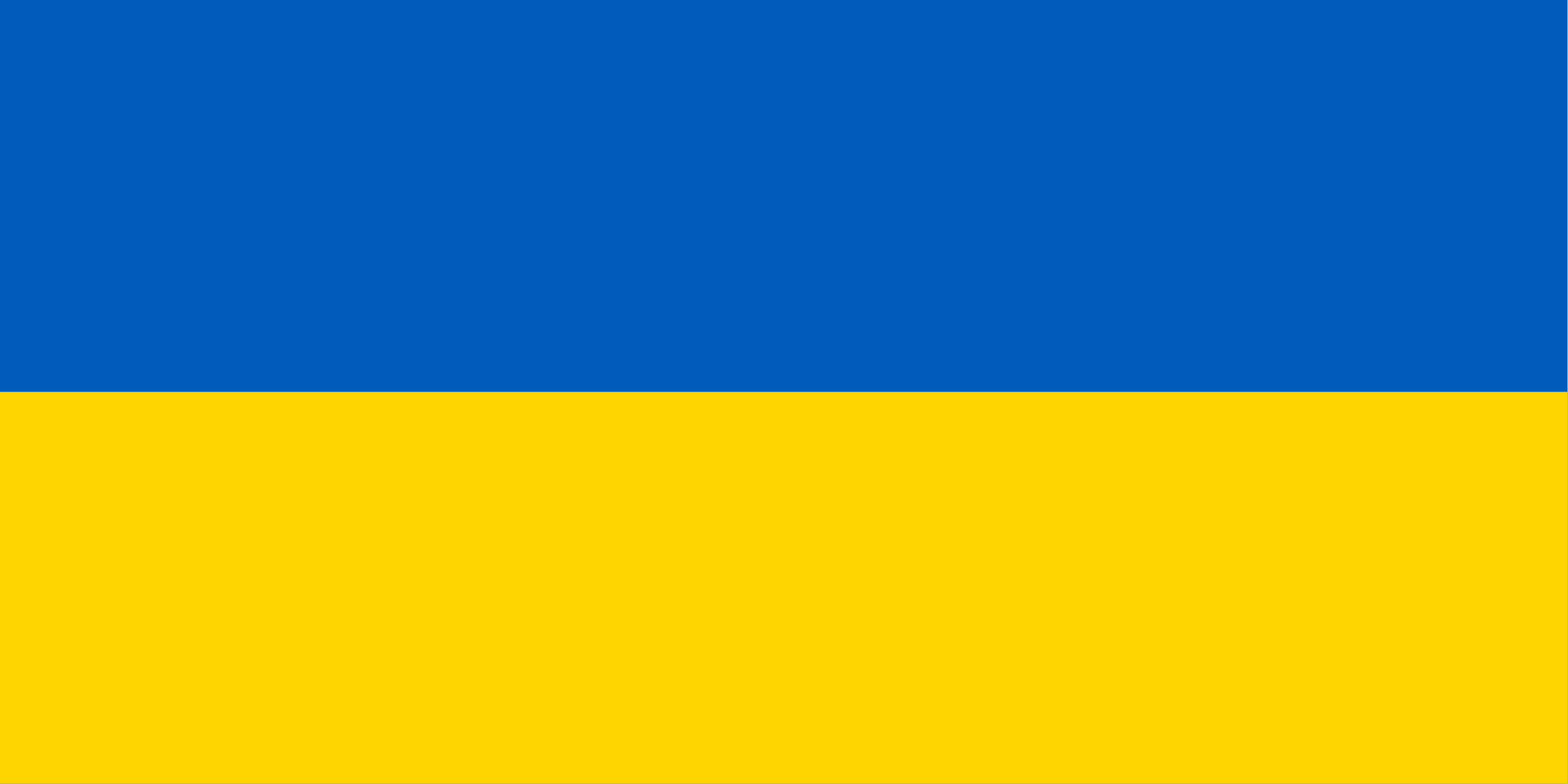Professional Transportation of the Deceased from Portugal
Importance and Features of the Process
The death of a loved one is always a profound shock. If the tragedy occurs abroad, the task of repatriating the deceased becomes an important stage of farewell. The transportation of the deceased from Portugal is carried out in accordance with strict international norms, involving extensive documentation, the selection of appropriate transportation, and interaction with consular structures. Without experience in such matters and an understanding of all stages of the process, it can be extremely difficult for relatives to organize everything independently—especially during a time of deep loss and emotional strain.
When Repatriation Becomes Necessary
The need for body transportation can arise suddenly—death abroad often leads to an urgent demand for specialists. In such situations, it is crucial for the deceased to be brought back to their homeland to uphold traditions and conduct funerals. Transporting a body across borders involves numerous organizational details: from obtaining permits to choosing routes and modes of transport. In these circumstances, the involvement of experienced professionals plays a significant role, taking on the entire process and helping to avoid unnecessary complications.
Main Stages of Transportation
Preparation and Documentation
Initially, information is gathered and a contract is concluded. The next step is preparing the deceased’s body: sanitization, embalming, and dressing. After that, documents are prepared: death certificate, embalming certificate, translated passport, and a statement confirming the absence of foreign objects in the coffin. All papers are submitted for legalization, often through the consulate, to meet the requirements of another country.
Choosing Transportation and Accompaniment
Transport can be carried out by land or air. In the case of air transportation, the body is placed in a hermetically sealed zinc container—this ensures compliance with sanitary norms and prevents risks. If land delivery is chosen, specialized transport equipped with refrigeration units is used. Relatives may accompany the deceased throughout the entire route if desired. Upon arrival, the zinc container is opened, and then, if necessary, a farewell can be arranged at the morgue or ritual hall.
Documents Required for Body Transportation
- Official death certificate
- Sanitary safety certificate and absence of infections
- Translated and notarized passport of the deceased
- Document for embalming the body
- Permit for transportation and crossing the border
In judicial cases, a conclusion from the prosecutor's office is required. All documents must be translated and notarized. Having a complete set of documents is a mandatory condition for the legal transportation of the body across borders.
Special Cases and Additional Services
If death occurs as a result of an accident or in suspicious circumstances, the repatriation process may take longer. In such situations, our specialists coordinate actions with competent authorities and obtain necessary permits. In addition to the main procedure, additional services are provided: coffin selection, farewell arrangements, document translation, assistance in organizing funerals, and memorial dinners. This approach reduces the burden on relatives and ensures a dignified farewell to the deceased.
Why It’s Worth Trusting Professionals
The experience and knowledge of international requirements allow funeral agencies to act quickly, precisely, and in compliance with all norms. Reliable partnerships with consulates, insurance companies, and transport organizations ensure seamless logistics. We operate 24/7, providing comprehensive legal and organizational support, accompanying relatives at every stage. This saves time, avoids document preparation errors, and ensures dignified transportation of the deceased back to their homeland.
Answers to Important Questions
- How long does transportation take? Usually from three to seven days, depending on the circumstances of death and the remoteness of the city.
- Is decompression necessary? Yes, especially for air transportation, it is conducted according to sanitary norms before the funeral.
- Can farewells be held before departure? Yes, farewells can be arranged at the morgue or ritual hall.
- What documents are required? Sanitary certificate, embalming certificate, confirmation of the absence of foreign objects in the coffin, and others.
- Can the body be accompanied? Yes, the presence of relatives during transportation is allowed.
Conclusion
Organizing the transportation of a deceased person from abroad is a process that requires precision, responsibility, and experience. Without professional assistance, handling documents, selecting transportation, and coordinating stages can turn into a prolonged ordeal. By engaging specialists, you receive reliable support, respect for the memory of the deceased, and a guarantee that the entire journey will be completed with dignity and without unnecessary complications.






